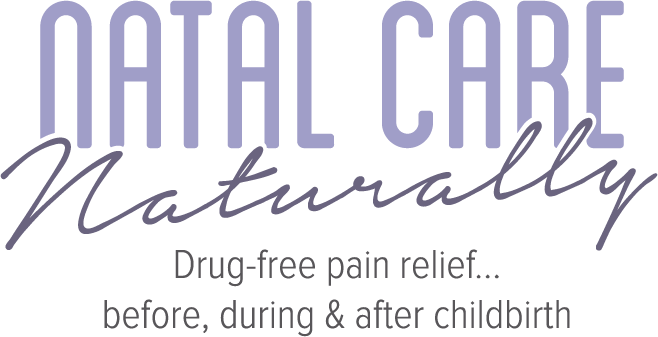Pregnancy is one of the most important periods in a woman's life and healthy and careful eating during pregnancy is critical to your baby's growth and development. Specific foods should only be consumed rarely, while others should be avoided completely.
Here are 10 foods and drinks to avoid or limit during pregnancy.
1. High-Mercury Fish
Pregnant women should avoid eating high-mercury fish more than once or twice a month. Mercury is toxic and can be found in shark, swordfish, tuna and mackerel. Mercury can affect your nervous system, immune system and kidneys. However low-mercury fish and fish high in omega-3 fatty acids are good for you and your baby.
2. Undercooked or Raw Fish
Raw fish, especially shellfish, can cause several infections. These can be viral, bacterial or parasitic, such as Norovirus, Vibrio, Salmonella and Listeria. Some of these infections only affect the mother, leaving her dehydrated and weak. Other infections may be passed on to the unborn baby with serious consequences. Pregnant women are especially susceptible to Listeria infections. In fact, pregnant women are up to 20 times more likely to get infected by Listeria than the general population.
3. Undercooked, Raw and Processed Meat
Eating undercooked or raw meat increases your risk of infection from several bacteria or parasites, including Toxoplasma, E. coli, Listeria and Salmonella. Pregnant women should only eat meat that is cooked all the way through. Hot dogs, lunch meat and deli meat are also of concern. These types of meat may become infected with various bacteria during processing or storage. Pregnant women should not consume processed meat products unless they have been reheated until steaming hot.
4. Raw Eggs
Raw eggs can be contaminated with salmonella. Foods that commonly contain raw eggs include, lightly scrambled eggs, poached eggs, hollandaise sauce, homemade mayo, salad dressings and homemade ice-cream. Most processed products that contain raw eggs are made with pasteurised eggs and are safe to eat. Pregnant women should always cook eggs thoroughly or use pasteurised eggs.
5. Organ Meat
Organ meat is a great source of iron, vitamin B12, vitamin A and copper. However, eating too much animal-based vitamin A (preformed vitamin A) is not recommended during pregnancy. It may cause vitamin A toxicity, as well as abnormally high copper levels, which can affect the baby. To prevent vitamin A and copper toxicity, pregnant women are advised to limit their intake of organ meat to no more than once a week.
6. Caffeine
Pregnant women are generally advised to limit their caffeine intake to around 2 cups of coffee a day. Caffeine is absorbed very quickly and passes easily into the placenta and foetus. Because unborn babies and their placentas don’t have the main enzyme needed to metabolize caffeine, high levels can build up. High caffeine intake during pregnancy has been shown to restrict foetal growth and increase the risk of low birth weight at delivery.
7. Raw Sprouts
Raw sprouts, including alfalfa, clover, radish and mung bean sprouts, may be contaminated with salmonella. The humid environment required by seeds to start sprouting is ideal for these kinds of bacteria, and they’re almost impossible to wash off. For this reason, pregnant women are advised to avoid raw sprouts altogether.
8. Unwashed Produce
Toxoplasma is a parasite that can be found in unwashed fruits and veggies, and it is detrimental to the health of pregnant women and their babies. While you're pregnant, it's very important to minimize the risk of infection by thoroughly rinsing, peeling or cooking fruits and vegetables.
9. Unpasteurized Milk and Cheese
Raw milk and unpasteurised cheese can contain an array of harmful bacteria, including Listeria, Salmonella, E. coli and Campylobacter. To minimize the risk of infections, pregnant women are advised to consume only pasteurized milk and cheese. Avoid soft cheeses such as unpasteurised feta, brie, camembert, blue-veined cheeses.
10. Alcohol
Pregnant women are advised to completely avoid drinking alcohol. Since no level of alcohol has been proven to be safe during pregnancy, it’s recommended to avoid it altogether. Alcohol can negatively impact your baby's brain development.
Hormonal changes during pregnancy can make a pregnant woman more vulnerable to food borne illnesses and an unborn baby’s under-developed immune system places them at greater risk of a food borne illness if bacteria pass through the placenta. It is therefore important to minimise the spread of bacteria by washing hands before and after touching food and by keeping food preparation surfaces clean.
Sometimes it can be difficult to eliminate food from your diet, especially if it is a food group you eat regularly, but remember, pregnancy does not last forever and the health of you and your baby is essential.
